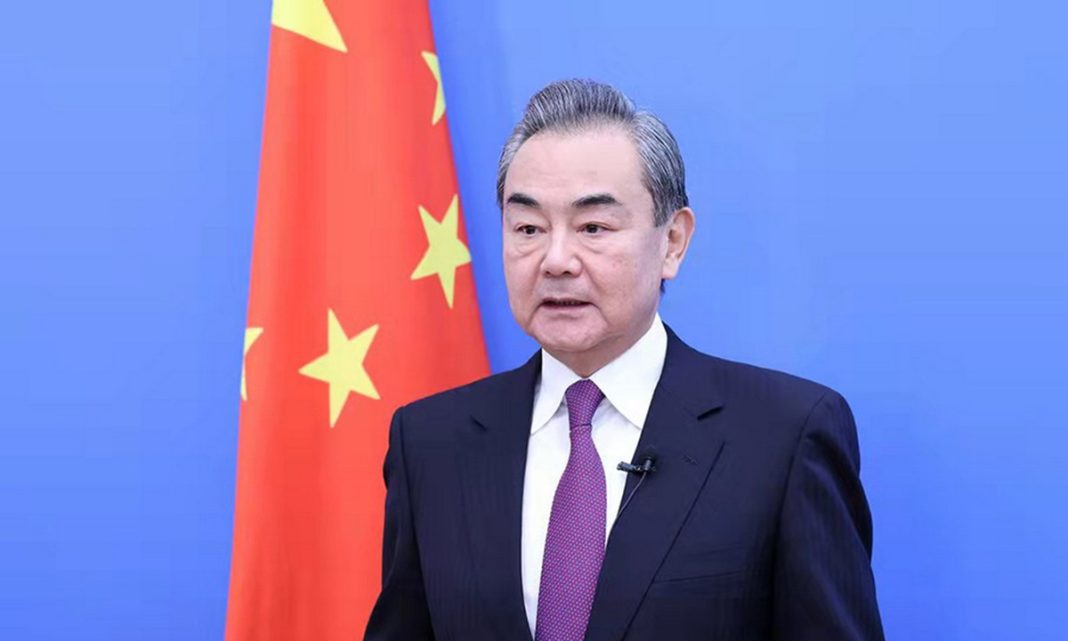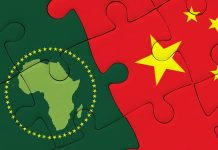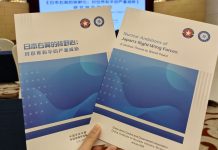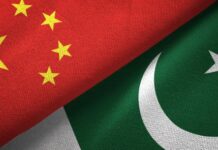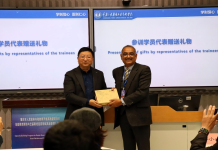BEIJING: Chinese Foreign Minister Wang Yi on Sunday urged Japan to reflect on and correct its mistakes as soon as possible, rather than stubbornly clinging to the wrong path. Wang said this in a media interview after he concluding his visit to Kyrgyzstan, Uzbekistan and Tajikistan, according to the Xinhua News Agency.
If Japan persists in its own way and keeps making the same mistakes, all countries and people who advocate justice have the right to re-examine Japan’s historical crimes and have the responsibility to resolutely prevent the resurgence of Japanese militarism, said Wang, who is also a member of the Political Bureau of the Communist Party of China Central Committee.
He also noted that it is shocking for a sitting Japanese leader to openly send a wrong signal of attempting to intervene militarily in the Taiwan question – saying what should not be said and crossing a red line that must not be touched.
China must resolutely hit back – not only to safeguard its sovereignty and territorial integrity, but also to defend the hard-won post-war achievements secured with blood and sacrifice, and to uphold international justice and human conscience, he said.
Also, during his strategic dialogue with Tajik Foreign Minister Sirojiddin Muhriddin on Saturday, Wang said China will never allow right-wing forces in Japan to turn back the wheel of history, nor permit external forces to meddle in China’s Taiwan region or allow Japanese militarism to stage a comeback. Japanese Prime Minister Sanae Takaichi claimed at a Diet meeting on November 7 that a “Taiwan contingency” could constitute a “survival-threatening situation” for Japan. She refused to retract her remarks which imply the possibility of armed intervention in the Taiwan Straits.
Multiple Chinese ministries and government agencies have condemned the Japanese side’s related moves and remarks, warning that Japan would face a resolute response if it dared to meddle in the Taiwan question.
“China has made it clear to the international community that the responsibility for the current difficulties in China-Japan relations lies entirely with Japan,” Lu Hao, head of the Overall Strategy Section, Institute of Japanese Studies, Chinese Academy of Social Sciences, told the Global Times on Sunday. China is willing to engage in dialogue, but it will never engage in meaningless communication with a party that provokes China’s core interests, Lu said, noting that China’s statement aims to rally the international community’s vigilance against unilateralism and the resurgence of militarism, while also seizing the initiative in the future trajectory of China-Japan relations.
Japan’s main opposition Constitutional Democratic Party of Japan (CDPJ) leader Yoshihiko Noda said on Sunday that that in light of the deterioration in Japan-China relations following Takaichi’s Diet statement on a potential Taiwan contingency, the prime minister should work to improve the relationship, Kyodo News reported. “By all appearances, this stems from the Prime Minister’s reckless actions. It is crucial to continuously explain her true intentions and Japan’s official stance,” according to the Japanese media report.
Since Takaichi’s remarks on November 7, we hoped that Japan would retract the relevant statement, avoid repeating similar mistakes and properly safeguard the strategic, mutually beneficial relationship between China and Japan.
However, up to now, we have not seen any clear signs of retraction from the Japanese side, Da Zhigang, director of the Institute of Northeast Asian Studies at the Heilongjiang Provincial Academy of Social Sciences, told the Global Times on Sunday.
“With the resurgence of militarism and right-wing activities, this issue is not merely a bilateral contest between China and Japan; it also represents a voice of justice that China is projecting internationally. These remarks are gradually extending beyond the China-Japanese context to the international stage,” Da said.
Fu Cong, China’s permanent representative to the United Nations, on Friday sent a letter addressed to United Nations Secretary-General Antonio Guterres, articulating the Chinese government’s position on the erroneous words and deeds of Japanese Prime Minister Sanae Takaichi concerning Taiwan.
Fu said in the letter that Takaichi’s blatant and provocative remarks on Taiwan mark the first time since Japan’s surrender in 1945 that a Japanese leader has hyped hypothetical situations on Taiwan at an official occasion, linking it to the exercise of collective self-defense rights. It is also the first time Japan has expressed ambitions of attempting armed intervention on the Taiwan question and the first time it has issued a military threat against China, openly challenging China’s core interests. Such remarks are extremely erroneous, highly dangerous, and have an extremely malicious nature and impact.
The letter will be issued as an official document of the UN General Assembly and distributed to all member states. –The Daily Mail-Global Times news exchange item

